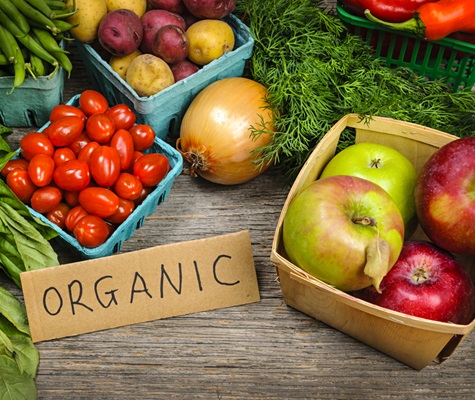Farmaholic
Active member
- Oct 7, 2023
- 38
- 9
An interesting thing happened at my local farmers market yesterday when a vendor got fined for selling organic produce that wasn't certified. The vendor isn't new to selling, so I'm not entirely sure that I buy the story, but the vendor supposedly believed that having a permit to sell organic food at the market, automatically made the fruit organic. Unfortunately, it's not that simple and depending on your area's regulations, you might need to be certified as well. Some states allow vendors to label their produce as organic, so long as they sell less than a few thousand dollars a year. Other states have more rigid rules and require USDA certification before the organic label can be applied. Just a word of warning that having a permit doesn't usually grant any extra privileges that go beyond its application.

- Location
- United States